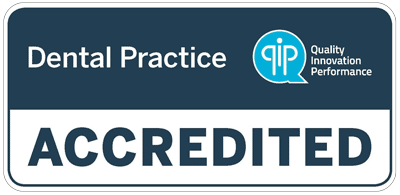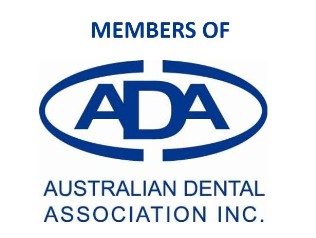When you should see your dentist, not your doctor
At our Claremont dental clinic, we often see patients who have first attended their doctor for a mouth-related problem, only to be told to make an appointment with their dentist. This can often result in a delay in being able to diagnose and treat the problem. In this blog post, I would like to explain about what signs and symptoms should be looked at by a dentist, and not a GP.
As a rule of thumb, I would recommend that if you have pain or a problem you have noticed in the vicinity of the inside of your mouth, tongue, gums or teeth, you should make an appointment with your dentist. The same would also apply to any lumps or swellings on the outside of your face. We are also able to diagnose and refer (if necessary) any problems related to the jaw joints.
Here is a short list of problems which you should seek advice from a dentist as the first point of call:
- Any lump or swelling that has come up on the inside of your mouth. Lumps or swellings are not normal, and could indicate the presence of an infection or abscess of your tooth or gum. There can also be a variety of other causes too. Swellings of the inside of the mouth or outside of the face can sometimes become life-threatening depending on what area is affected. This kind of issue should be seen to as a matter of urgency, so make sure you seek dental advice as soon as possible (on the same day). Whilst antibiotics may be required, if the swelling is due to a dental or tooth-related infection, the rule of thumb here is to have this problem treated first if this is the cause of the infection.
- Pain, bleeding or problems with the gums. These issues are important and can be managed by your dentist. Your dentist may need to refer you to a gum specialist (also known as a Periodontist), if you have gum disease or other more complex issues with your gums.
- Bad breath or strange taste or sensations in the mouth. These symptoms are important and should not be discounted. Sometimes they can indicate some other issues going on the mouth. We would recommend to discuss this with your dentist.
- Pain from jaw joints, locked jaw, jaw fracture or injuries. Your dentist can check your jaw joints and discuss what can be done to improve on pain or discomfort. More serious problems may need to be referred to an Oral Medicine Specialist who can manage issues to do with the Temporo-mandibular Joint (TMJ).
- Any unusual growths in the mouth that are different in colour, size or texture. As dentists, we have had training in diseases of the inside of the mouth (or oral mucosa). Some of these pathologies are different to the ones affecting the skin. We are able to diagnose and refer any conditions related to the oral mucosa and insides of the mouth.
- Difficulty swallowing.
- Dry mouth problems. These can be caused by disease of the salivary glands, salivary stones, medications and radiation therapy. It is important to speak to your dentist if you have noticed issues with dry mouth (e.g. difficulty eating dry foods, feeling of dryness during the day) as this can affect your dental health. Dry mouth can increase your risk of tooth decay, gum problems and infections in the mouth. If you wear dentures, it may also cause your denture to fall our more easily. Your dentist can make recommendations to improve on these problems and discuss what preventive measures can be taken to avoid dental problems down the track.
Do you have any further questions? Call our friendly team on 6143 5655. You can also book a consultation to discuss any of your concerns with our Claremont dentists by booking online here.






